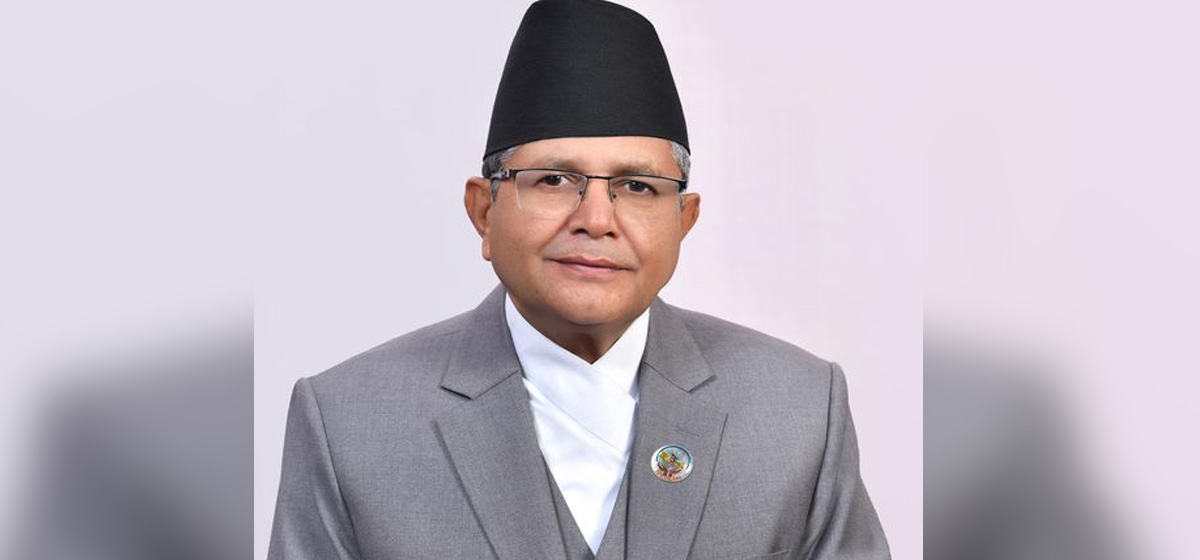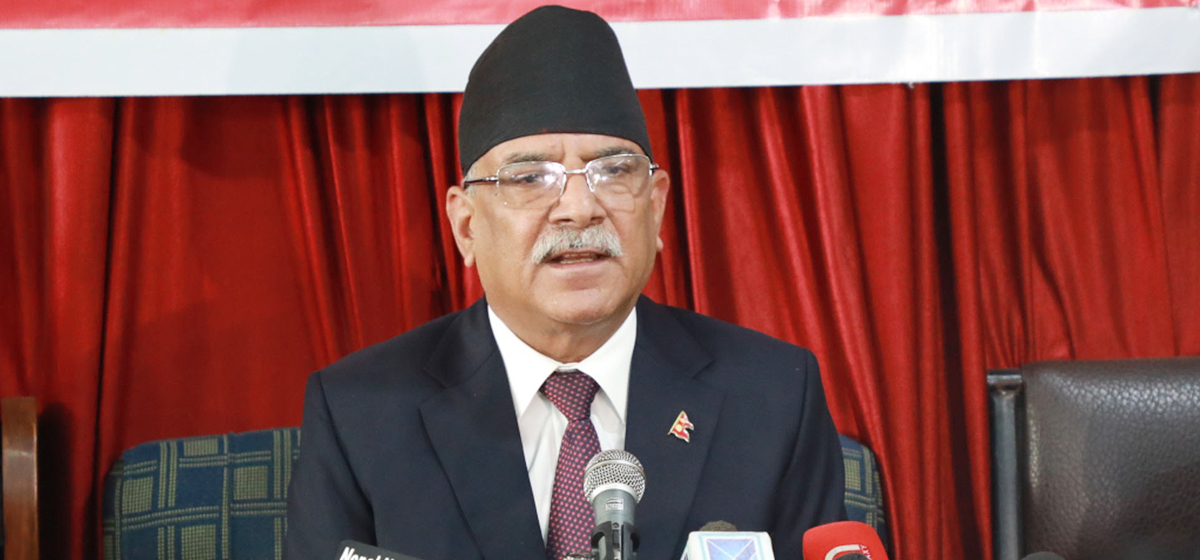Prof Subedi has asserted that Nepal's rights to unhindered access to Bangladesh ports via India are guaranteed by international law as a landlocked nation, and there is no need to swap land to secure this access.
KATHMANDU, June 14: London-based Professor Surya Prasad Subedi has urged Nepali political leaders to refrain from making ad hoc statements on sensitive border issues, particularly in light of Nepal's border dispute with India in Kalapani, Lipu Lekh and Limpiyadhura.
Issuing a press statement, Prof Subedi, an expert in international legal matters concerning Nepal-India relations, stressed that it is crucial to put an end to the practice of making impromptu remarks to gain immediate political credit on border disputes. Instead, he urged leaders to consult institutional reports, such as those from the Ministry of Foreign Affairs, and thoroughly study international law and practices. This approach would enable the formulation of long-term diplomatic policies based on comprehensive research and analysis.
EC urges everyone not to give offensive expression

The statement of Prof Subedi, who teaches international law at the University of Leeds in the UK, comes in the wake of Prime Minister Dahal’s recent visit to India where he said that land swap could be an option to resolve border issue, hinting at swapping disputed area to gain land link to Bangladesh via India. Talking to media persons in New Delhi during his four-day visit to India beginning May 31, Dahal had revealed that he and Indian Prime Minister Narendra Modi discussed ways to resolve boundary issues including the Kalapani dispute and possible land swap so that landlocked Nepal could get access to the sea.
Prime Minister Dahal’s remarks have already met with strong criticisms in Nepal with the main opposition party, CPN-UML, terming it ‘unwarranted’.
Prof Subedi highlighted the significance of Nepal's right, guaranteed by international law as a landlocked country, to have unhindered access to any port of Bangladesh via India. He pointed out that Nepal possesses its own foreign affairs mechanism, including reports from the Eminent Persons Group (EPG) and the border expert group formed by the Nepalese government. Therefore, it is inappropriate for different parties to speak without considering these institutional reports or conducting thorough research.
The professor emphasized the importance of drawing lessons from previous instances where Nepal suffered setbacks due to the tendency to engage in ad hoc discussions, exploit national issues for political gain, and neglect thorough preparations. He cited examples such as India and Bangladesh resolving their land boundary dispute through international arbitration and Bangladesh and Myanmar seeking the intervention of the International Court of Justice in maritime or water boundary disputes. Additionally, India and Pakistan have also approached international courts regarding their border disputes.
Prof Subedi expressed concerns that Nepal might have to lose its position of strength during negotiation if its leaders continue to be swayed by hasty speeches and empty promises from foreign counterparts. He warned against overlooking institutional memory, reports, and documents, which have been instrumental in guiding successful bilateral agreements in the past. He also emphasized that Nepal's right to unrestricted access to any port of Bangladesh via India should not come at a high cost.


































